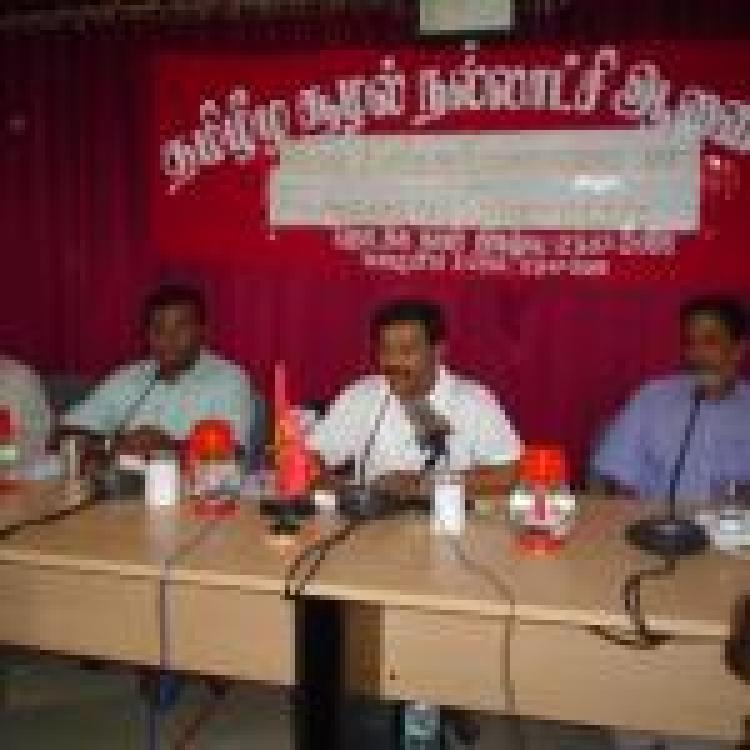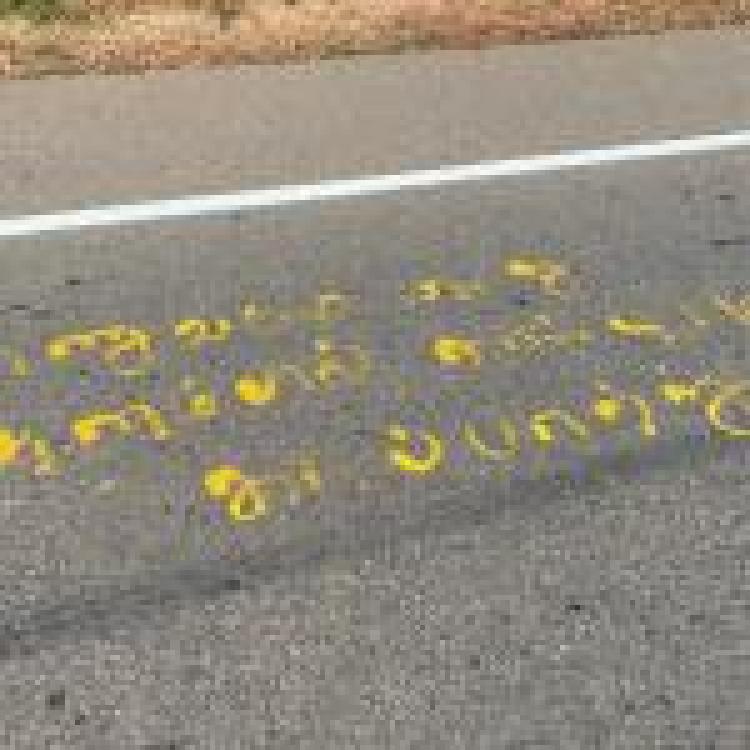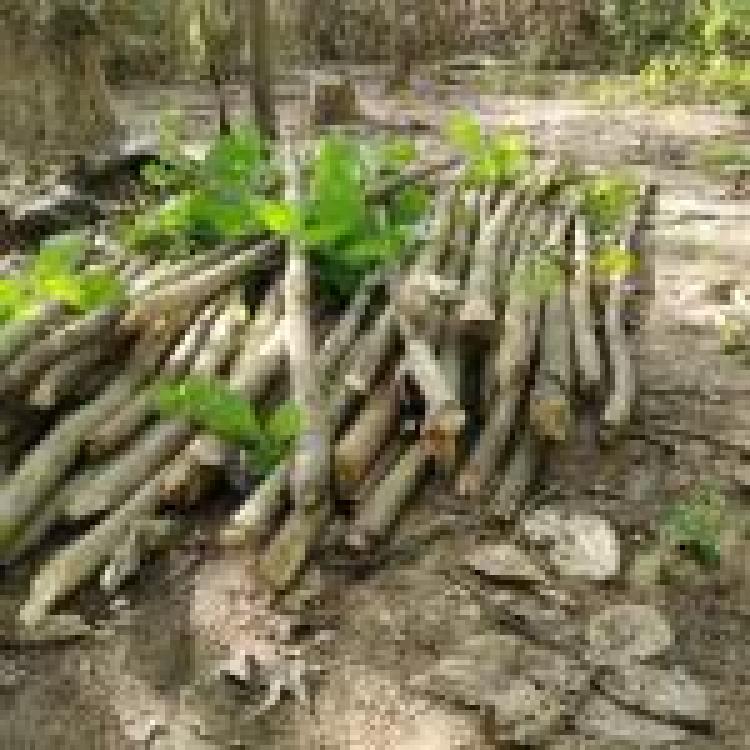
Manila-based Asian Development Bank has picked Sri Lanka as a priority country to pilot a new financing approach to conserve and build ‘natural capital', despite military back deforestation across the North-east.
Natural capital could include forests, wetlands, marine ecosystems and also agricultural areas. The ADB has set up a division focusing on natural capital and climate and is drawing up a blueprint on how the lender can help enhance such assets.
Kenichi Yokoyama, Director General, South Asia Department noted that “Sri Lanka was selected as a priority pilot country to country implement some of these approaches,”
The Sri Lankan military has undertaken massive deforestation of parts of the Tamil homeland since the end of the armed conflict.
Forests and deforestation have created contention in the Tamil homeland, particularly since the end of the armed conflict. Local opposition to deforestation has been mounting in recent months and years, as residents of rural parts of the North-East see vast tracts of forest disappearing around them. In most impacted areas, locals have been able to easily identify the connection between deforestation and the Sri Lankan state, condemning both legal avenues which see forests cut down as a precedent to land sales, and highlighting the complicity of some state agencies in illegal deforestation, including the arms of the Sri Lankan military, village development authorities and even the forest department itself..
While deforestation in the Tamil homeland runs rampant, the forest department remains at the forefront of land-grabs and Sinhalisation in the North-East, often using spurious claims of conservation to appropriate both residential and agricultural land, while ignoring or even encouraging Sinhala colonisation in the form of settlements and Buddhist shrines built in forests.
Both forest department officials who have attempted to use their authority in the service of genuine conservation, and locals opposing or exposing environmental abuses have often been met with violence. The Tamil Guardian’s own correspondents were severely assaulted in 2020 by timber smugglers in Mullaitivu, and have also been threatened by forest department officials while reporting on land-grabs. In 2016 Sri Lankan soldiers assaulted two Tamil forest department officers for objecting to the military’s illegal logging and wildlife hunting in Kiran, Batticaloa.
Instances of forest destruction and attacks on forest workers by the Sri Lankan state were also frequent during the armed conflict, including during the ceasefire period. In 2006, two forest protection workers, aged 58 and 60, attached to the civilian administration in Vanni were found shot dead in the Panichankulam jungle just days after Sri Lankan army and paramilitary personnel had been spotted in the same jungle.



